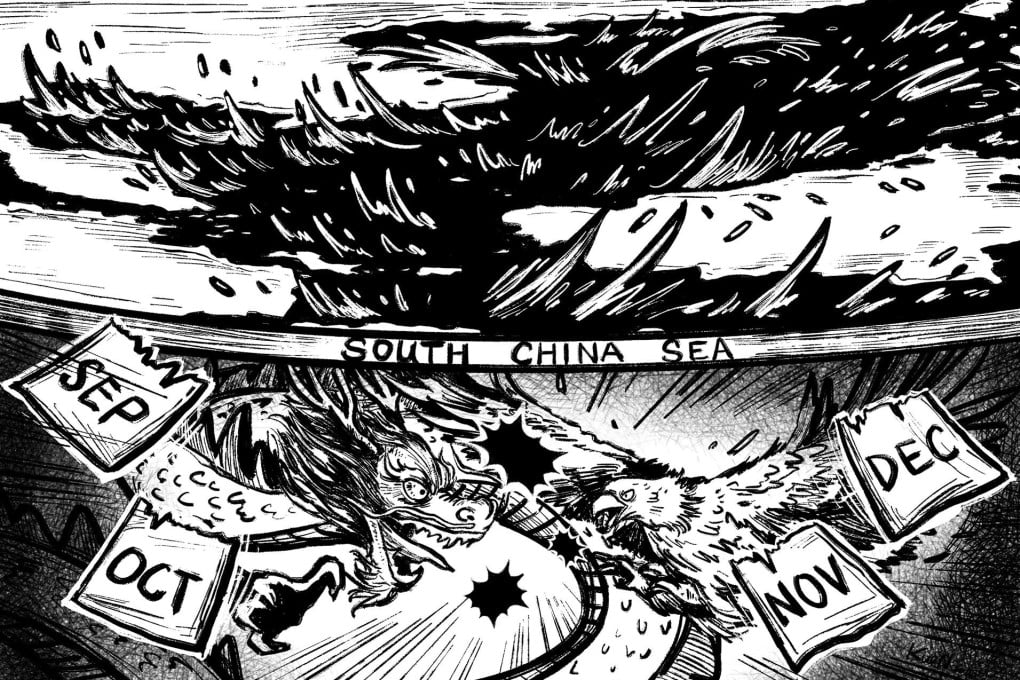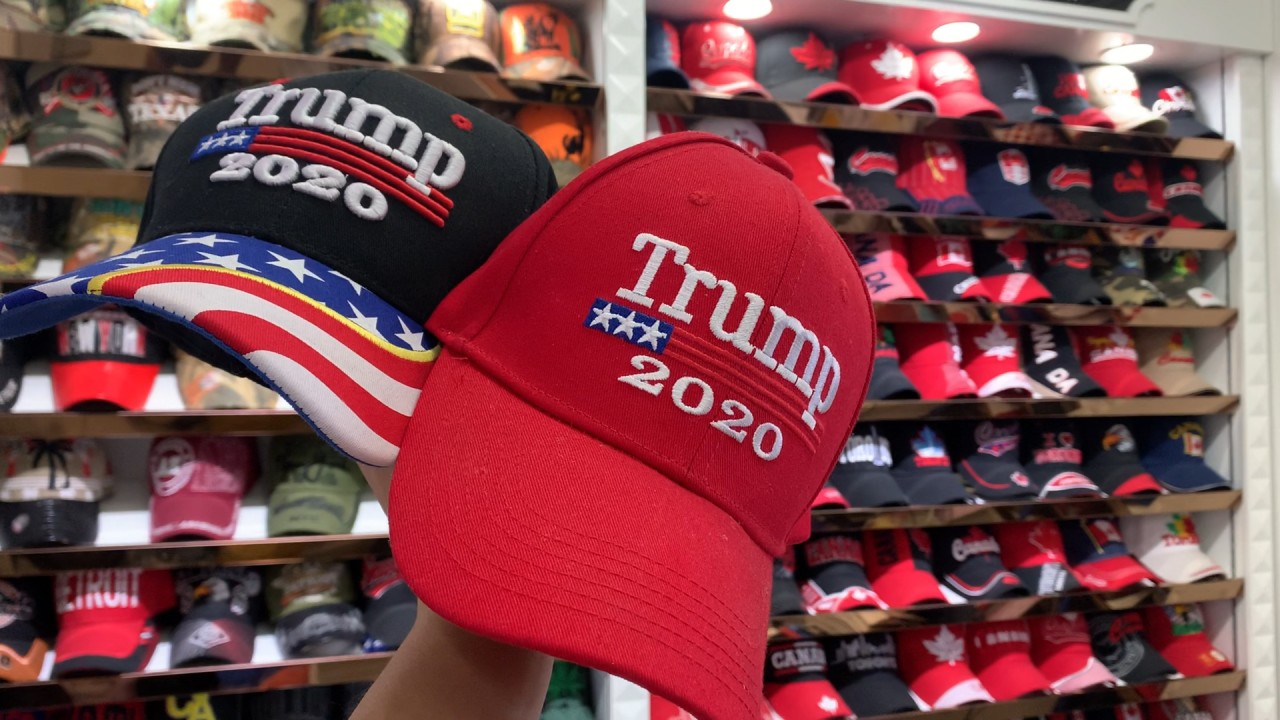Donald Trump or Joe Biden? What will change for Asean after the US election?
- There is growing consensus in Southeast Asia that US-China and South China Sea tensions and the impact of the trade war will not go away after November
- Trump’s failure to appoint an Asean envoy is seen as an insult, as analysts hope the US stops dealing with the region through the lens of its China rivalry

As voters in the United States prepare for the presidential election on November 3, the South China Morning Post is exploring the potential ramifications for China. The 11th part in the series looks at the race through the eyes of non-US citizens directly affected by deteriorating US-China relations. Read the entire series here.
While it is indeed a prevailing view that Trump’s hawkishness is a key driver of the US-China rivalry, finding equal resonance among the diplomatic elite is the view that the clash was inevitable – meaning countries must contend with it no matter who occupies the White House.

02:39
The ‘Yiwu Index’: How a Chinese city could predict the result of the US Presidential election
But even among those who quietly hope for some change from Trump’s haphazard, at times mercurial, way of conducting foreign policy, there is a slight sense of weariness.